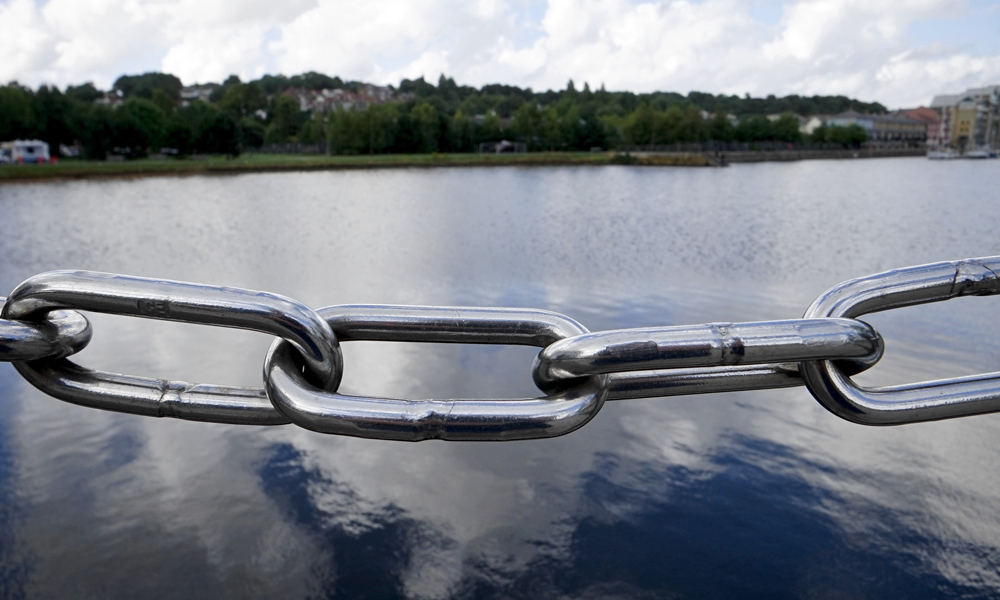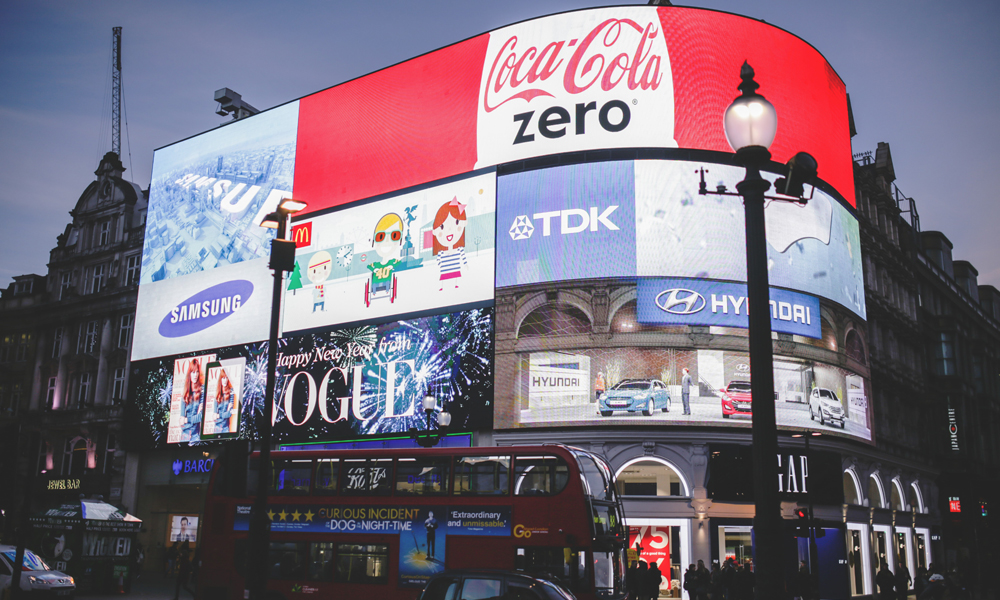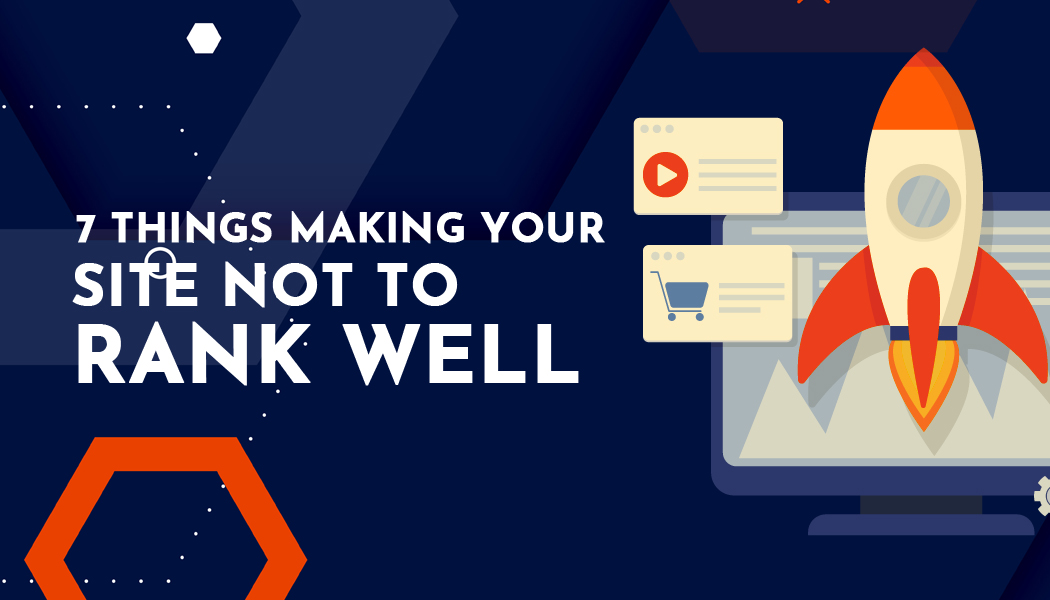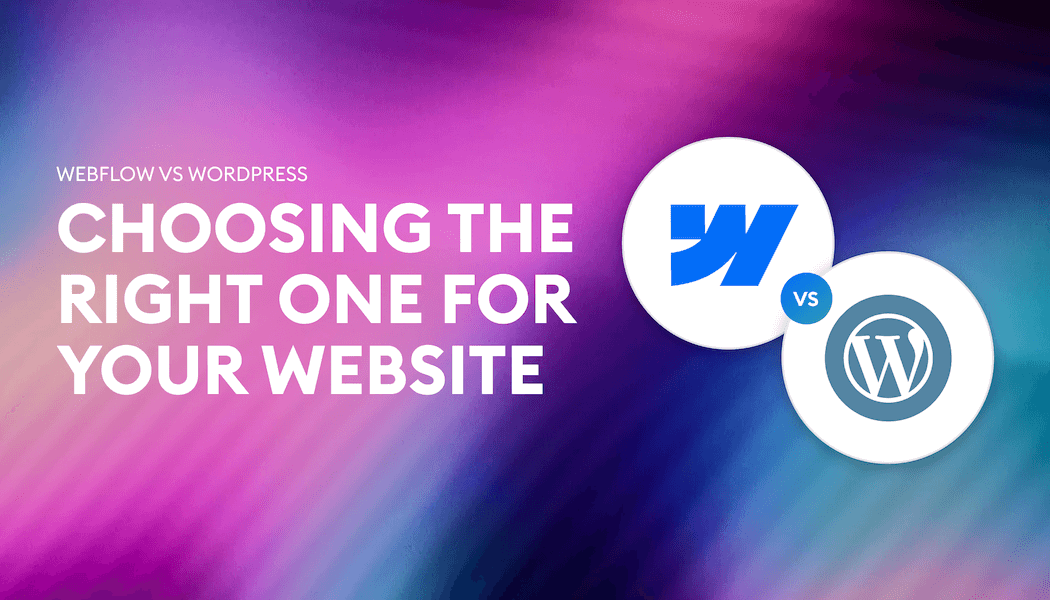7 things Making your Site not to Rank Well
Whatever your digital content strategy, you aim to increase your ranking online so you can boost your website viewership. An excellent website strategy for getting through this is to reduce all factors that adversely affect your rankings. You’ve got to keep in mind that some practices are outlawed by search engines. Some may seem legit and benign but may not be worth it in the long run.

Using some strategies can get your site penalized and lead to a lower ranking. Sometimes you could get banned totally. Lower ranking can heavily impact your competitiveness in the online space. To avoid the punishments you are advised to shun the following things:
Publishing Poor Content Quality
Visitors to your site are after value and will be consistently after content that delivers value to them. If the content you offer is not up to par, visitors are likely not to read or click away immediately. Quality content has to meet the true purpose of the page.
Web pages that do not address the main topic lack value. The Google Rater Guidelines spell that good quality content should:
- Meet the intended purpose
- Show high-level expertise, trustworthiness, and authority
- Have a large portion of the content dealing with the main topic
- Have data on who is responsible for the website and the content
- Have links to the sources of the content
Having Few or No Links
Links serve as a source of authority to show that the page has done lots of research and has useful information for the audience. There is a high correlation between the page links and the page rank. A page with no links seems to be un-researched and may not contain any useful information to the reader.

Links or hyperlinks are clickable objects such as images, text, and buttons that lead you to another webpage. Links are classified according to the page onto which they lead. Internal links lead to pages on the same website, while outbound links may lead to authority sites outside the website. Aim to increase links for credibility.
Non-Mobile-Compatible Sites
There has been the growth of mobile phone usage in internet access, with some studies detailing only 58% internet usage of desktops. The need for a more mobile-friendly website is necessary hence the need to develop a site that is responsive to mobile devices.
Search engines such as Google have been using the mobile-first approach in ranking websites since July of 2019 for newer websites and monitoring old websites for compliance on the mobile-first approach. Therefore, the search engine ranks pages and sites that are mobile- compliant first and downgrades those that make it hard to view on mobile. Aim to make the website more mobile-friendly to boost the website ranking on the SERPS.

Not taking Advantage On-Page Optimization
On-page SEO are the SEO components of a web site that you have control over and can tweak. They are a bit technical but make the web page rank higher. The activities help optimize a web page for the search engines so that it can rank irrespective of the content. On-page SEO are routine tasks and may include:
- Using short, catchy, and descriptive page URLs
- Optimization of the title tags
- Optimizing of the headers
- Using target keywords in the first 100 words of the content
- Maintaining an appropriate Keyword density
- Adding meta description
- Using images on the page
- Using heading to divide the content and optimizing keywords in the heading
Not Using Keywords Naturally
Keyword stuffing is the practice of using many keywords or numbers out of context in a bid to increase a site’s ranking. Since the keywords are not added naturally, they often confuse the reader and may not add any value to the content.
Search engines filter out pages that have excessive use of keywords often that sounds unnatural or has no any use to the reader. Only relevant keywords should be used, in a sensible manner to have high page rankings. Have a keyword outline to avoid and use synonyms to reduce keyword stuffing.
Not Having a Page Speed and Loading Time Emulating Sites like Constant Content
Speed plays an important role in the functionality of a website; hence search engines have incorporated the metric into the website ranking. The speed of a webpage directly correlates to the ranking of the webpage as search engines try to maximize the user experience on a webpage.
Slow running sites can also indirectly hold the webpage ranking by increasing the bounce rates and reducing dwell time on the sites. Google recommends a load time of 1.3 seconds as the recommended load time. You can, however, aim to have load times of the speed of less than half a second. Faster pages and load time signify lead to better page rankings.
Having Excessive Ads
Quality marketing is not all about having as many ads as possible on your website. Many ads may have a negative effect on the website rankings. The ads may make the page heavy and increase loading time.

The ads make it difficult for the spiders to crawl through the page and users to view the content. Video ads that autoplay or with or without sound are a turn-off to users. Many users have ad block extensions to deal with ads.
https://lastingtrend.com/ can help websites learn how to manage ads and balance between revenue and ranking. The golden rule is to keep ads low to keep constant revenue from ads.
Final Word
Success in the website ranking depends on how well a site plays by the rules. Penalties and banning of the site permanently by breaching those rules can hold a site or set back the ranking. Avoid the highlighted mistakes to increase the sight authority that holds your website rankings.
Getting success in the online market means getting the web content definition right and to understand how search engines work. You have to keep up the changes in the search engine algorithms and the new thing holding back its ranking. The highlighted factors are among the most common web ranking drainers and some have been outlawed by search engines.




